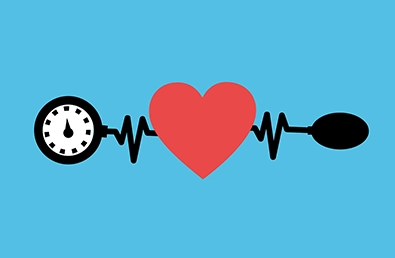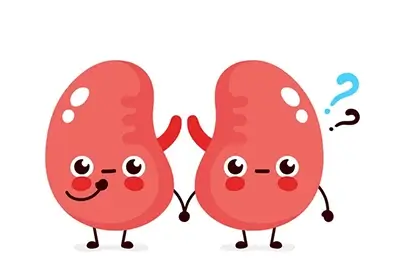Hypertension Insights

The Silent Danger: Why Hypertension Often Goes Unnoticed
High blood pressure is known as the “silent killer” because it often has no symptoms. Many people live with hypertension for years without realizing it. If left untreated, it can lead to heart attacks, strokes, and kidney disease. Regular blood pressure monitoring is essential for early detection. A healthy lifestyle and proper treatment can help control it. Don’t wait for symptoms—check your blood pressure today.
Read more
Best Foods to Lower Blood Pressure Naturally
A healthy diet plays a key role in managing hypertension. Foods rich in potassium, such as bananas and spinach, help regulate blood pressure. Reducing salt intake and avoiding processed foods can also make a big difference. Whole grains, lean proteins, and healthy fats contribute to overall heart health. Drinking enough water and limiting alcohol are also important. Small dietary changes can have a big impact on your well-being.
Read more
Stress and Hypertension: How to Protect Your Heart
Chronic stress can lead to high blood pressure and increase the risk of heart disease. When you’re stressed, your body releases hormones that temporarily raise blood pressure. Practicing relaxation techniques, such as meditation and deep breathing, can help. Regular exercise and good sleep also reduce stress and improve heart health. Taking breaks, enjoying hobbies, and staying connected with loved ones are great ways to manage stress. A calm mind leads to a healthier heart.
Read more
The Link Between Hypertension and Heart Disease
High blood pressure is one of the leading risk factors for heart disease. Over time, it can damage blood vessels, leading to plaque buildup and narrowing arteries. This increases the heart's workload and can cause heart attacks or heart failure. Managing hypertension is essential for reducing the strain on your heart. Regular exercise, a balanced diet, and medications can all help protect your cardiovascular health. Understanding this connection can motivate you to take action early and prevent long-term complications.
Read more
How to Monitor Your Blood Pressure at Home
Monitoring your blood pressure regularly is a key step in managing hypertension. Home blood pressure monitors are easy to use and can give you real-time information on your health. It's important to measure your blood pressure at the same time each day, in a quiet space, and with proper posture. Recording your readings over time helps you and your healthcare provider track progress. Understanding the numbers can help you make adjustments to your treatment plan. Regular monitoring is an essential part of staying on top of your health.
Read more
Hypertension and Its Impact on Kidney Health
Hypertension is one of the leading causes of kidney disease. Over time, high blood pressure can damage the blood vessels in the kidneys, making it harder for them to filter waste. When left untreated, this can lead to kidney failure. Proper blood pressure management can help protect your kidneys and maintain overall health. Eating a kidney-friendly diet, staying hydrated, and following your treatment plan can reduce the risk. Regular check-ups with your doctor are essential to ensure your kidneys stay healthy.
Read more